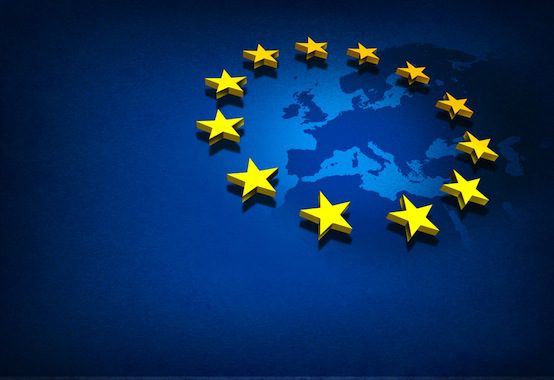Solidarity, Taxes, and the EU

Earlier this year, France’s Socialist president François Hollande raised taxes on incomes over 1 million euros in an effort to close the country’s budget deficit. The result has been predictable: a narrow but steady stream of les riches have left the country for more favorable tax regimes elsewhere.
The actor Gérard Depardieu, who earns about 2 million euros per film, is among the tax exiles. Last week, Prime Minister Jean-Marc Ayrault described Depardieu’s widely-reported move to the Belgian town of Néchin as “rather pathetic”. According to Ayrault, “He’s a great star, everyone loves him as an artist…[but] to pay a tax is an act of solidarity, a patriotic act.”
Now Depardieu has struck back in a letter addressed to Ayrault published by Le Journal du Dimanche. In addition to claiming that France punishes success, Depardieu offers the following explanation of his decision to give up his French passport: “We no longer have the same country. I’m a true European, a citizen of the world…”
Depardieu’s departure is of little fiscal consequence. The millionaires’ tax remains in effect for only two years and applies to a few tens of thousands of people. Even if they all remained in France, it would raise only about $300 million.
More interesting is the tension that the Depardieu spat reveals between two cherished principles of the French political establishment.
On the one hand, paying high taxes is seen as a sacred duty. This is not just a matter of raising revenue. As Ayrault’s remarks indicate, taxpaying appears in this view as a contribution to the solidarity that distinguishes France from the savage capitalism practiced by the “Anglo-Saxons“.
On the other hand, being a ‘good European’ is increasingly presented as a crucial aspect of being French. Just a few days ago, Hollande rebuked the U.K. for attempting to reclaim powers from Brussels on the grounds that “when a country commits it is for life.” This language is consistent with Hollande’s campaign for the presidency. While Sarkozy flirted with euro-skepticism, courting votes on the Right, Hollande made a point of his commitment to continued integration.
The problem for Hollande, and for the position he represents, is that these claims don’t go together. The kind of solidarity to which Hollande’s tax plan appeals is premised on the classic nation-state, with a relatively closed cultural identity and an independent political and economic destiny. It belongs, in short, to the “old” Europe that was brought into being by the Napoleonic wars and collapsed into barbarism in the 20th century.
Depardieu’s decision, by contrast, belongs to the new Europe of mobile professionals, open borders, and fluid money. In this setting, nation-states cannot offer either the incentives or the sanctions for loyalty that they once did. The issue, then, is not that Depardieu is “going Galt“. Rather, it’s that no single member of the EU has the leverage to press its wealthy citizens too hard.
Many figures in Brussels propose a solution: “harmonizing” taxes and financial regulations to the standards of the most restrictive member states. That’s unlikely to work, partly because it would encourage outbreaks of the Depardieu syndrome on a continental scale. Note that Depardieu describes himself as a “citizen of the world” in the same sentence in which he dubs himself a “real European”. Supporters of the increasingly unwieldly EU should pay careful attention to those words.
Comments